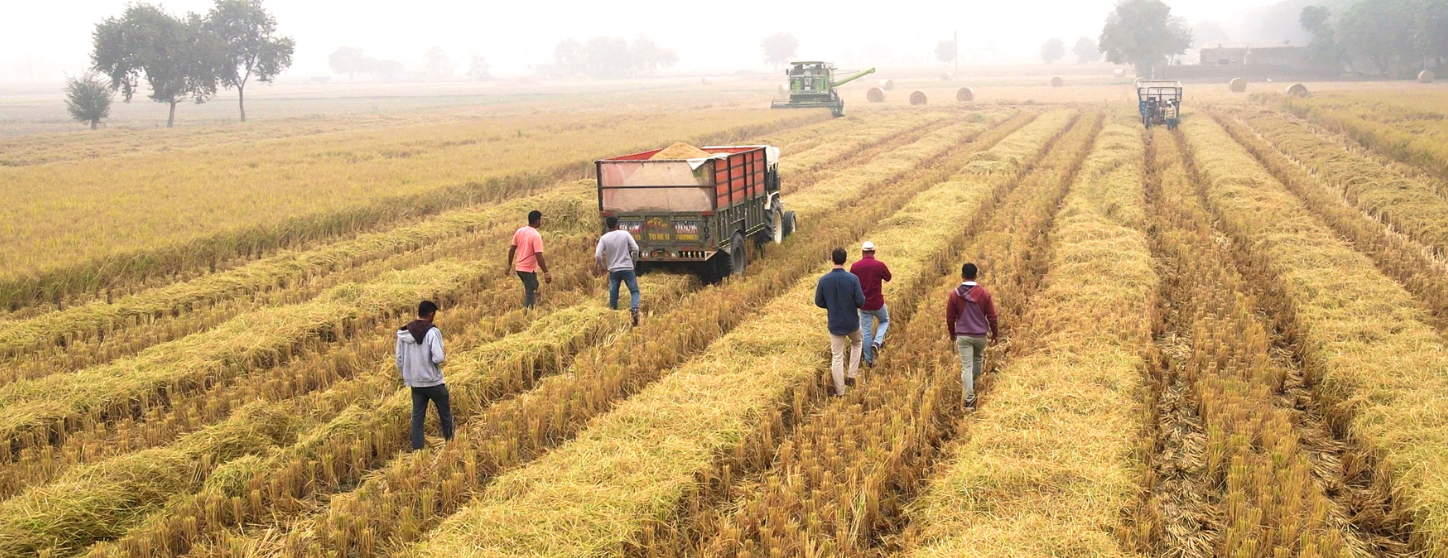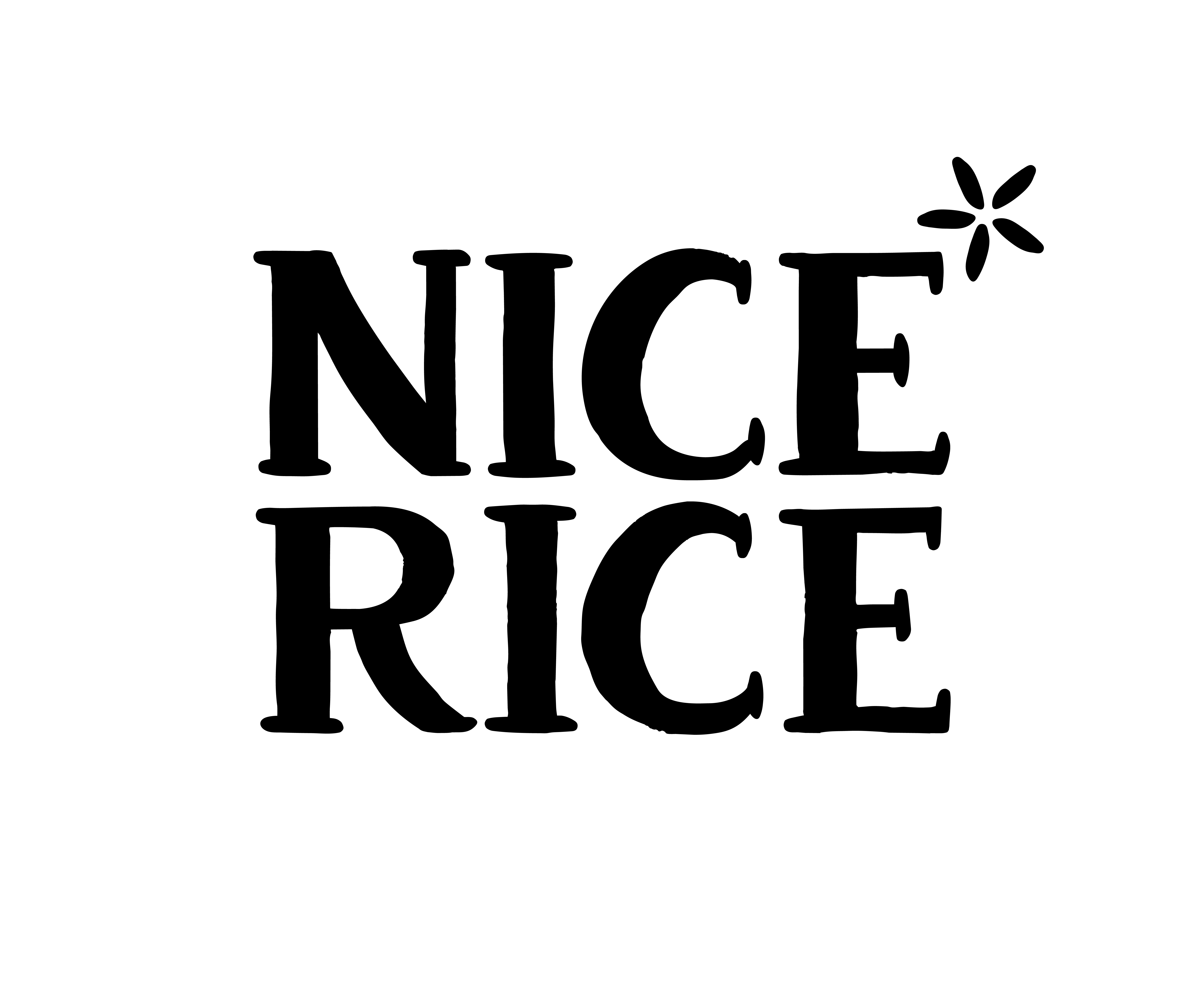

Mission Brands Ltd

London Borough of Camden, United Kingdom
August 2024
Food products
Wholesale/Retail
United Kingdom
NICE RICE is the UK’s first sustainably farmed rice brand. Our goal is to build the demand for a better rice industry by championing sustainably farmed rice – with no compromise on taste or convenience. Our products offer our customers an opportunity to create a positive environmental change by simply switching to rice, done better. *BETTER TASTING RICE We use a single origin, heritage variety basmati across our range. No artificial colours, flavours or preservatives. *BETTER FOR THE PLANET We source exclusively from farmers that are following a sustainable farming method. - Rice farming has a shocking sustainability record! CO2-eq emissions from flooded paddy fields are a huge contributor to climate change. In fact, beef is the only food with higher global emissions!! Nice Rice source rice from pioneering farmers who prioritise sustainability. They've cut their CO2-eq emissions by 49%. We're here to make the future of rice. Our paper bags are fully recyclable. We use plastic-free, recyclable packaging wherever possible, from our dry rice paper bags to the tape we use to secure our deliveries with. *BETTER WAY OF DOING BUSINESS Supporting our rice farming communities, we pay farmers a premium price for committing to sustainable farming. That way we can help farming communities
Overall B Impact Score
Governance 15.5
Governance evaluates a company's overall mission, engagement around its social/environmental impact, ethics, and transparency. This section also evaluates the ability of a company to protect their mission and formally consider stakeholders in decision making through their corporate structure (e.g. benefit corporation) or corporate governing documents.
What is this? A company with an Impact Business Model is intentionally designed to create a specific positive outcome for one of its stakeholders - such as workers, community, environment, or customers.
Workers 24.9
Workers evaluates a company’s contributions to its employees’ financial security, health & safety, wellness, career development, and engagement & satisfaction. In addition, this section recognizes business models designed to benefit workers, such as companies that are at least 40% owned by non-executive employees and those that have workforce development programs to support individuals with barriers to employment.
Community 41.3
Community evaluates a company’s engagement with and impact on the communities in which it operates, hires from, and sources from. Topics include diversity, equity & inclusion, economic impact, civic engagement, charitable giving, and supply chain management. In addition, this section recognizes business models that are designed to address specific community-oriented problems, such as poverty alleviation through fair trade sourcing or distribution via microenterprises, producer cooperative models, locally focused economic development, and formal charitable giving commitments.
What is this? A company with an Impact Business Model is intentionally designed to create a specific positive outcome for one of its stakeholders - such as workers, community, environment, or customers.
Environment 26.6
Environment evaluates a company’s overall environmental management practices as well as its impact on the air, climate, water, land, and biodiversity. This includes the direct impact of a company’s operations and, when applicable its supply chain and distribution channels. This section also recognizes companies with environmentally innovative production processes and those that sell products or services that have a positive environmental impact. Some examples might include products and services that create renewable energy, reduce consumption or waste, conserve land or wildlife, provide less toxic alternatives to the market, or educate people about environmental problems.
What is this? A company with an Impact Business Model is intentionally designed to create a specific positive outcome for one of its stakeholders - such as workers, community, environment, or customers.
Customers 2.9
Customers evaluates a company’s stewardship of its customers through the quality of its products and services, ethical marketing, data privacy and security, and feedback channels. In addition, this section recognizes products or services that are designed to address a particular social problem for or through its customers, such as health or educational products, arts & media products, serving underserved customers/clients, and services that improve the social impact of other businesses or organizations.